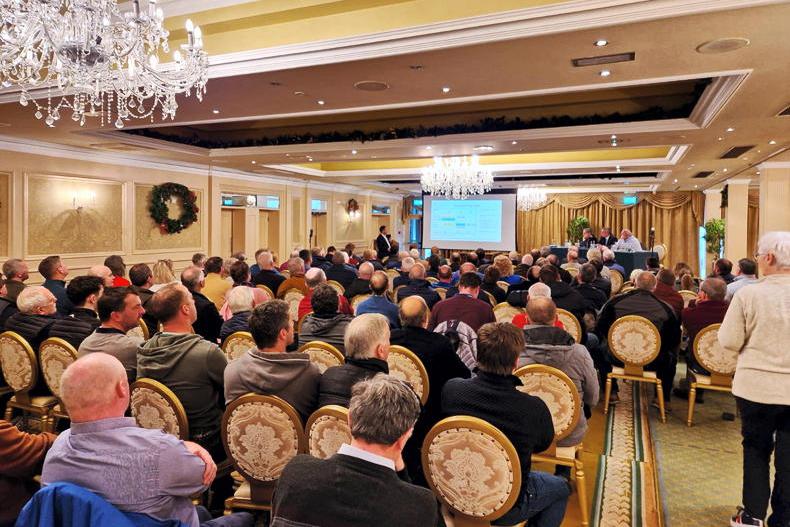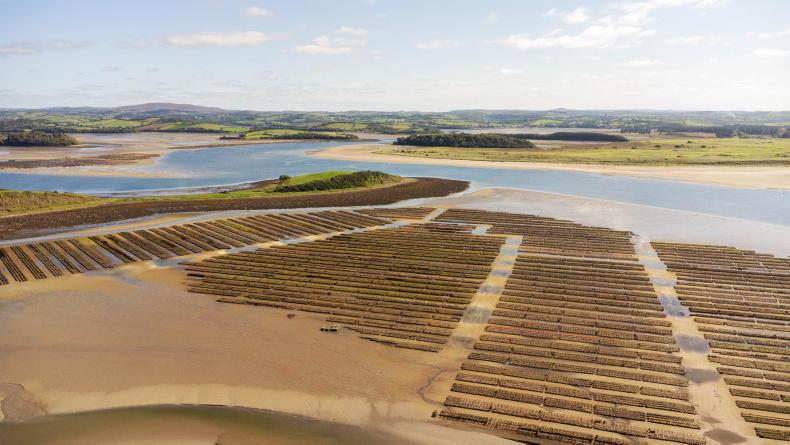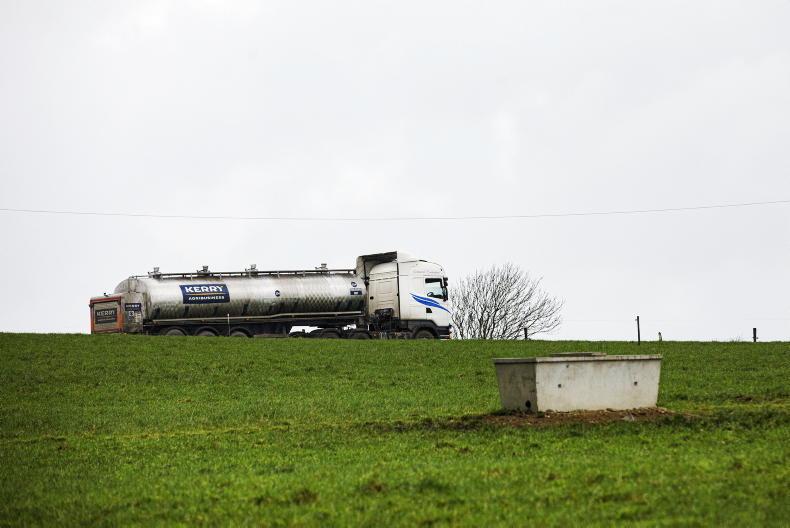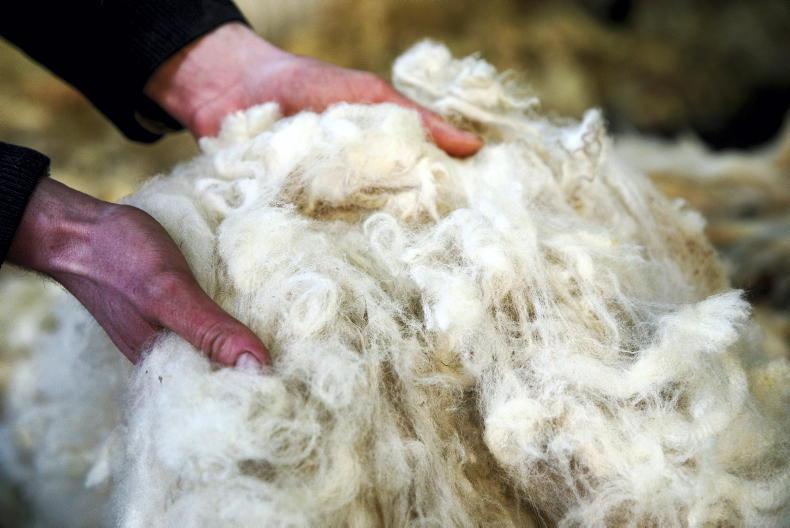A national response is required to support implementation of rhododendron management and to raise awareness within the wider community of the devastation this species is causing to all wildlife, livestock and habitats, according to experts at the rhododendron conference.
The first national conference on the invasive species Rhododendron ponticum was held in the Brehon Hotel, Killarney, Co Kerry, last Friday.
It discussed the incentives needed for private landowners to adequately manage rhododendron in their gardens and landscaped areas, to remove the seed source encroaching on adjacent lands.
Urgent significant support is needed from the Department of Agriculture, for farmers who need to manage Rhododendron ponticum and other invasives on their land.
The event highlighted the pervasiveness of this issue across the country, a plant toxic to livestock and grazers, and detrimental to all wildlife including bees, birds and insect populations.
Managing the infestation
IFA hill farming chair Flor McCarthy, a participant farmer in the MacGillycuddy Reeks European Innovation Partnership (EIP), stated that without the support from the project and their trained collective working group, he would have been unable individually to manage the Rhododendron ponticum on his own land.
McCarthy said that this was due to the physical nature of the work, the time needed for the phased treatment required and significant cost of treatment is being beyond what an individual farmer is capable of achieving with extensive support.
This was echoed in the questions and answers session from other farmers in attendance calling for support from the Department to tackle widespread invasive species such as Rhododendron ponticum.
Dr Therese Higgins likened the spreading of Rhododendron ponticum to a type of invisible pollution. She highlighted 33% of Irish soils could support rhododendron growth if the issue is not addressed, with devastating consequences for our native habitats including woodlands, peatlands and wet and dry heath.
Climate change
These habitats are vital for Ireland to managing climate change while supporting human wellbeing and reducing biodiversity loss.
Patricia Deane from the MacGillycuddy Reeks EIP project spoke on how the project has been operating, the need for and effectiveness of a locally-led approach for rhododendron management on a large scale with farmers.
She highlighted how embedding the appropriate skills within rural communities is critical to ensure there is a return to local economy and a strong social emphasis, alongside actions to protect the environment and habitats.
The absence of any framework or funding support for individual landowners in managing this issue was also made apparent at the conference.
Deane explained that a national approach is required given the scale of infestation throughout Ireland, the cost of implementing a management strategy and the requirement for several phases of treatment over subsequent years to ensure eradication.
Minister of State Malcolm Noonan highlighted the forthcoming national invasive species plan and said that with the upcoming UN Decade of Eco-system Restoration, “the ambition of communities throughout the country is being matched by Government in terms of resourcing and support”.









SHARING OPTIONS